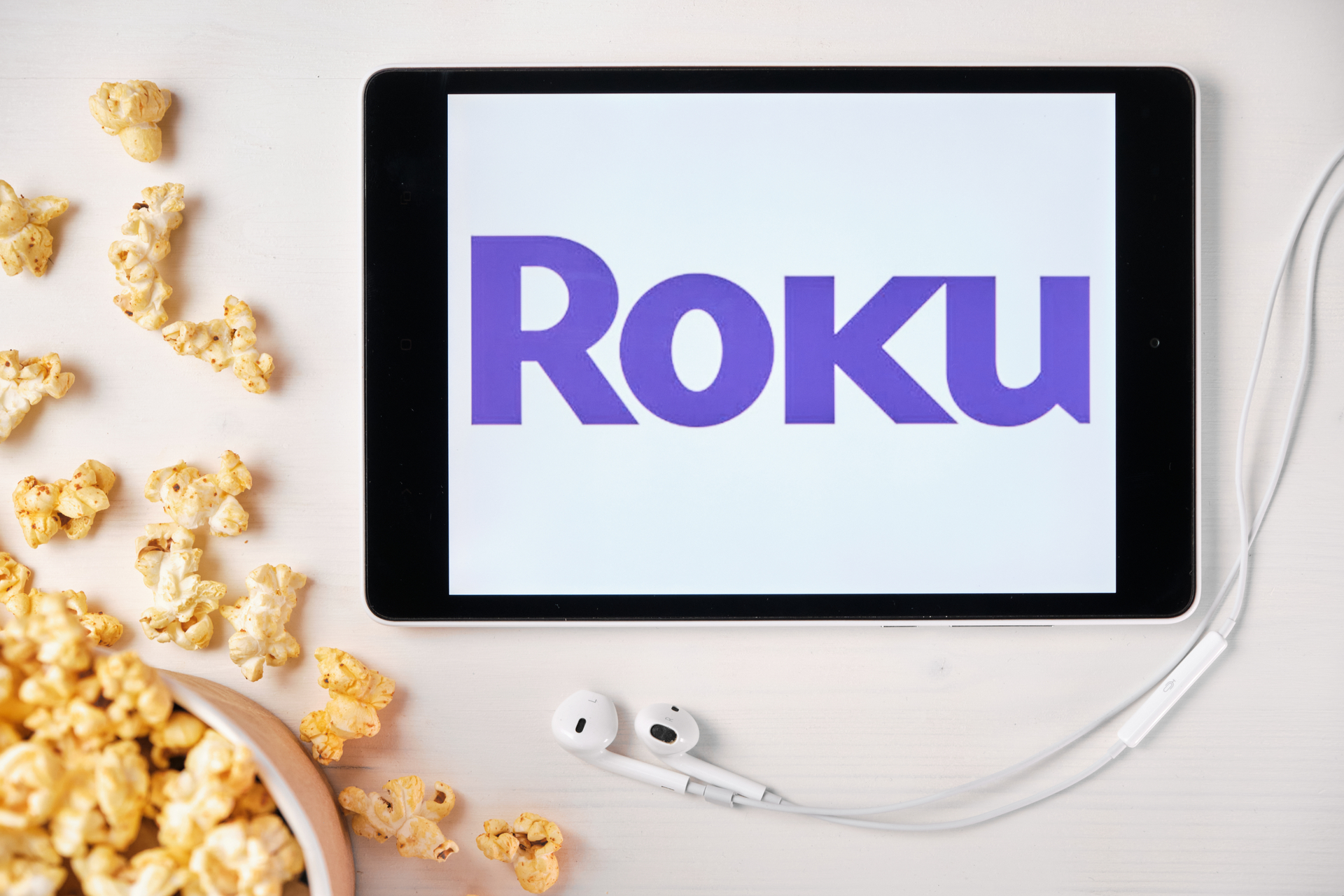A Texas jury decided last week that Roku Inc. did not infringe two interactive tv technology patents, held by software development company ESW Holdings Inc., and awarded no damages in the case.

The in-person trial, presided over by U.S. District Judge Alan D. Albright, spanned just 5 days, returning its unanimous verdict just before 5 p.m. on Friday. ESW argued that Roku infringed its patents through Roku’s “development environment,” which allows third-party app developers to create streaming channels and advertisements made available to customers via Roku’s streaming platform.
ESW filed suit in February 2019, presenting two damages models to the jury — one totaling $62.4 million and the second, $228 million. ESW argued that Roku infringed two of its patents that made creating interactive tv content easier and faster, allowing individuals who aren’t experienced programmers to create interactive content without excessive coding requirements.
ESW stated since Roku makes money by having customers stream content, more channels equates to more revenue.
Wasif Qureshi, who represented Roku, argued that the patents ESW alleged were infringed are related to specific interactive tv, such as decisions viewers must make or polls that would allow them to cast a vote during a program. He claims the public never bought in to the concept, as evidenced by the company’s financial troubles.
Qureshi stated some of the most important testimony in the trial came from engineers who developed the technology as to whether they believed Roku was infringing the patents.
“All of them said no or they had no opinion,” he said.
Even the inventor of one of the patents, Aimee Gariepy-Viles, testified that she didn’t think Roku was infringing her patent, he said. Qureshi reminded jurors that Gariepy-Viles joined NBC after leaving the startup that was acquired by ESW in 2018 and created channels for NBC on Roku’s platform, including the Bravo channel, “and she never once said it looks like they’re using my idea,” he said.
Joe Hollinger, Roku’s VP of litigation and intellectual property, said in a statement that the company is pleased with the ruling clearing Roku of any liability.
“We also appreciate the efforts of the court and jury, especially during the COVID-19 pandemic,” he said.
Read more articles from Haute Lawyer, visit https://hauteliving.com/hautelawyer/
Source: https://www.law360.com/articles/1373776?sidebar=true


















